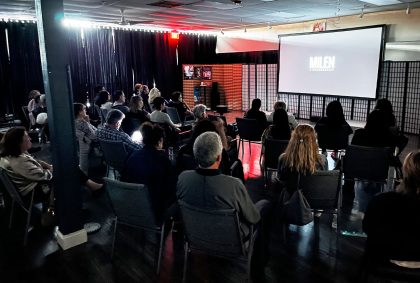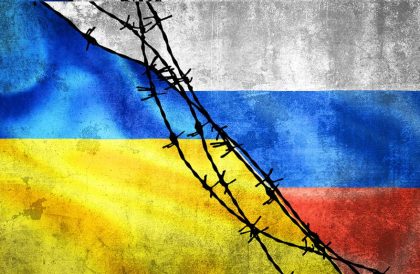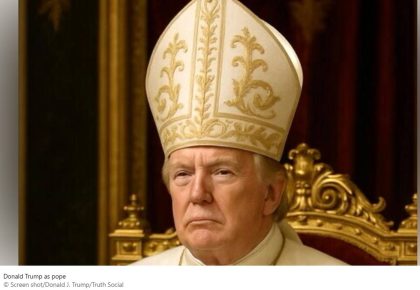by Petar Kostadinov
Much has been said about missed opportunities in Bulgaria regarding opening the dossiers of the former communist-era secret police State Security.
This debate should have happened straight after the democratic changes in 1989. It should have also led to concrete action so that Bulgarians would know who was who in the days when relatives, friends and co-workers were asked, voluntarily or not, to snoop on each other. This would have quelled speculation about whether current office holders were in some way compromised with State Security because of their secret past as agents.
Today, 20 years on, a committee has finally started opening these files, the latest of which features dossiers of print media employees. In the two years of the committee’s operation the same pattern has emerged regarding the exposure of former communist secret agents or collaborators. In almost all cases those „exposed“ reacted with surprise and even indignation at the committee’s actions.
We have read many accounts of people explaining how they did not even know that they worked for the communist secret police – as if they had been duped into doing so. Others said they only did so to defend national interests and under no circumstances had their actions harmed anyone else in Bulgaria.
Such were the words of President Georgi Purvanov who said he worked as a history researcher. Others such as Minko Gerdjikov, deputy mayor of Sofia, and Hristo Droumev, head of the National Palace of Culture, said they were proud of their work as undercover intelligence officers abroad.
In all cases these people did not even consider resigning from their public posts despite open calls from some print media. Hence the revelation of names of former State Security agents in the print media was eagerly anticipated, especially with regard to the subsequent fallout.
For better or worse, the „exposed“ print journalists reacted just like the aforementioned public officials. The media, for their part, generally adopted two approaches to the issue. Some simply reported the revelations matter-of-factly. These were mostly the media who had had no agents exposed among their staff.
Others such as one daily, whose editor-in-chief was declared a State Security collaborator, was quick to contact the State Security officer who, according to the committee’s records, had recruited their boss. And guess what? This officer denied ever meeting the „exposed“ editor-in-chief and trying to poach him for State Security. It was as if this very same daily had anticipated the „blow“ and was ready to rebut it with an instant interview. Several journalists „exposed“ on another daily, some of whom, ironically, had established credentials as investigative journalists working on State Security dossiers and had even written several books on the issue, justified their collaboration by saying they were merely victims of a totalitarian era.
All this suggested that these journalists had known about their State Security dossiers. So why did they wait for the committee to make them public before saying anything? The only reason I can think of is that they must have thought they could get away with it. This says a lot about their social responsibility and honesty.






